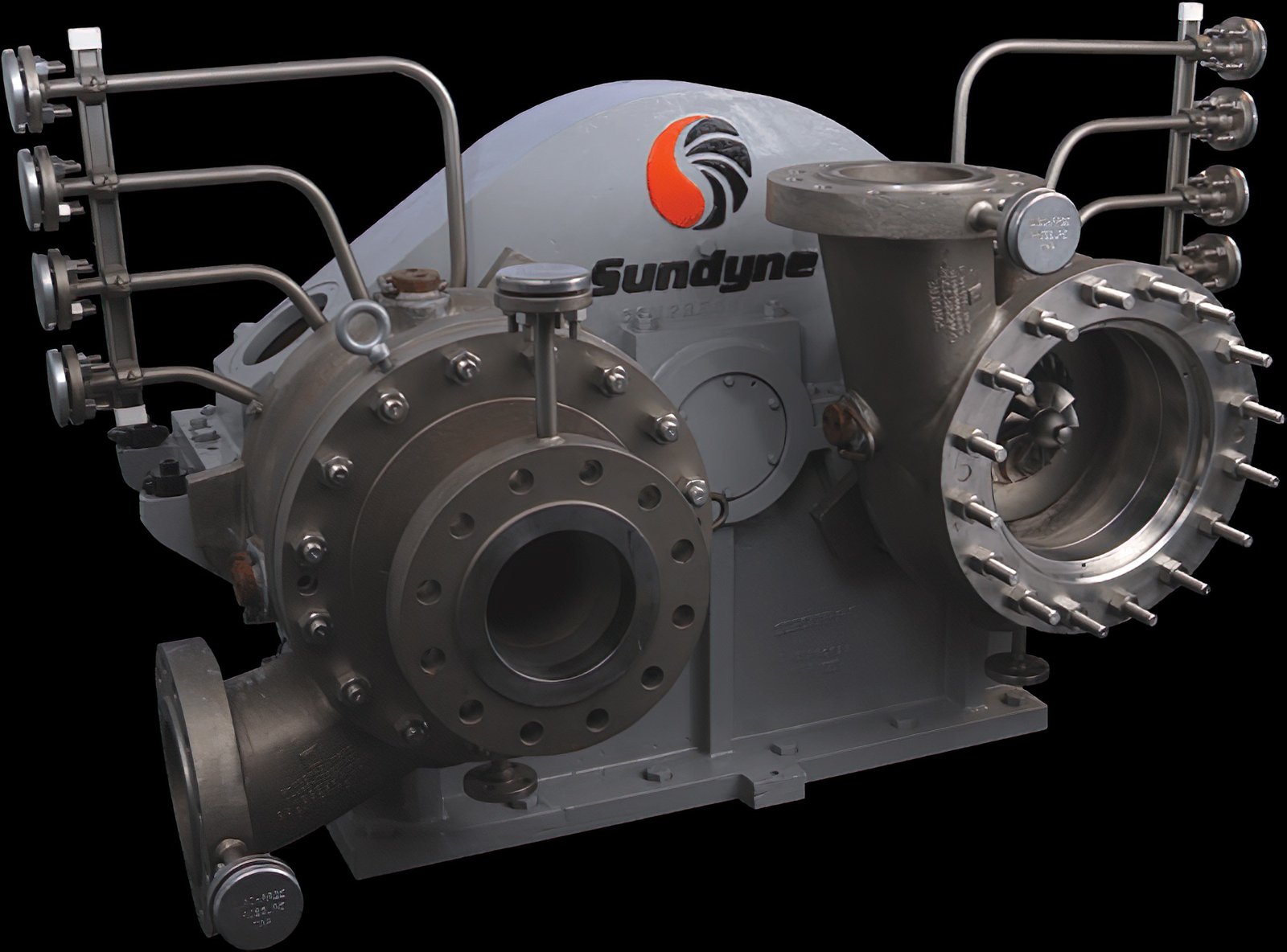When your business premises rely on a carbon dioxide compressor, the choice of manufacturer is important. CO2 compressors contribute to the food and beverage bottling industry, chemical processing, and enhanced oil recovery with robust safety, efficiency, and reliability. With the abundance of carbon dioxide compressor manufacturers in the market, how can you know whom to trust?
Here are five basic tips to follow when selecting a CO2 compressor manufacturer that would suit your needs. We will also address some of the frequently asked questions businesses may have when choosing a supplier.
The Importance of Selecting the Right CO2 Compressor Manufacturer
Oxygen compressors are at high pressure and any design mistake, material selection, or installation can cause costly standby or even safety issues. A well-known manufacturer guarantees:
- They are compliant with the industry standards (API, ISO, ASME).
- Continuous operation reliability.
- Energy efficiency to have lower long-term operating costs.
- Good after sales service (maintenance and spares).
Picking the right manufacturer early on can save months or even years of operation hassles.
1. Assess Experience and Know-How
When doing research on a CO2 compressor manufacturer, you can start with their track record. Companies with extensive experience in compressor design and gas handling have a greater chance of providing robust and reliable systems.
Consider companies which:
- Specialize in carbon dioxide compressors (but they are not limited to general air compressors).
- Have an experience in dealing with such industries as food and beverage, chemical, oil and gas, and gas supply to the industry.
- Include case studies, white papers, and references of similar projects.
Pro Tip: Do not merely look at the years that the manufacturer has been in business. Pay attention to whether they specialise in CO 2 compression technology.
2. Check Certifications and Compliance Standards
CO2 is a challenging gas to compress, and high engineering standards are to be followed. Selecting a manufacturer without appropriate certifications can put your organisation at the risk of regulatory, safety as well as insurance complications.
At the very least, be sure that the manufacturer abides by:
- ISO 9001 (quality management systems).
- API 618 or API 619 (reciprocating and rotary compressor standards).
- ASME codes of pressure vessels.
The food industry also needs such certifications in order to ascertain purity such as carbonation of drinks and dry ice manufacture.
3. Evaluate the Technology and Innovation
The compressor industry has grown at a high pace over the past years. The best producers invest in research and development and design new models which are efficient, reliable and are more environmentally friendly.
These key features should be considered:
- Food and beverage applications using oil-free compression technology.
- Energy efficient variable speed drives (VSDs).
- Low noise, low vibration systems which ensure the safety of the operator.
- IoT and digital surveillance to address proactive management.
A manufacturer that is abreast with the current trend in technology will make your investment less obsolete.
4. Test of Service, Support and Availability of Spare Parts
A compressor is as good as the support that it comes with. Failure of one section of a CO 2 compression system may cause havoc on a whole production line costing thousands of dollars per hour of down time.
Prior to committing to a manufacturer, inquire:
- Are they a global or regional service network?
- Are they able to assure rapid shipment of spare parts?
- Do they offer maintenance training to your employees?
- Can I reach a 24/7 service hotline?
A robust after sales service is one of the areas that can make the difference between the best carbon dioxide compressor manufacturer and others who are smaller and less reliable.
5. Account Total Cost of Ownership (Not Just Price)
Most purchasers only worry about the initial price of a compressor. Nevertheless, total cost of ownership (TCO) is a more vivid representation of the long term value.
Consider factors such as:
- Energy efficiency (compressors are energy-intensive, so efficiency directly affects operating costs).
- Maintenance frequency and costs.
- Spare parts pricing.
- Expected lifespan of the compressor.
A slightly higher purchase price from a trusted manufacturer can save you significant money in energy, downtime, and repair costs over the compressor’s lifetime.
FAQs
1. What industries use CO₂ compressors the most?
CO₂ compressors are widely used in the food & beverage industry (for carbonation and dry ice production), chemical and petrochemical plants, oil & gas operations, and industrial refrigeration.
2. How do I know if a CO₂ compressor manufacturer is reliable?
Check for certifications, industry experience, global references, and after-sales support. Reliable manufacturers often publish case studies and have proven partnerships with major industrial players.
3. What’s the difference between an air compressor and a CO₂ compressor?
While both are designed to compress gases, CO₂ compressors must handle higher pressures, gas purity requirements, and corrosion risks. This requires specialized seals, materials, and engineering standards not found in standard air compressors.
4. Are oil-free CO₂ compressors better?
In food and beverage applications, oil-free CO₂ compressors are preferred because they prevent contamination and maintain gas purity. For heavy industrial use, lubricated compressors may still be suitable, depending on the application.
5. How much does a CO₂ compressor cost?
Costs vary depending on capacity, pressure rating, technology, and manufacturer. Entry-level models may start around $20,000–$50,000, while large-scale industrial CO₂ compressors can exceed $250,000 or more. Always consider the total cost of ownership rather than just purchase price.
Conclusion: Choosing a Reliable CO₂ Compressor Manufacturer
Choosing the right carbon dioxide compressor manufacturer is about more than just equipment—it’s about reliability, compliance, and long-term performance. By focusing on experience, certifications, technology, after-sales service, and total cost of ownership, you can select a manufacturer who will support your business for years to come.
Whether you’re in food and beverage, chemical processing, or energy production, the right manufacturer ensures your CO₂ compression system is safe, efficient, and future-ready.
Related Reads
- One-Stop Solution for Home Repairs & Handyman Work in Perth
- PTO Switch Tractors: A Key Mechanism in Agricultural Machinery
- Driving School Automatic: Your Guide to Learning Automatic Driving in the UK
- The Future of Thinking: How Summarize PDF AI and Advanced Chat AI Change Everything
- How to Apply the Teachings of the Holy Quran in Daily Life



